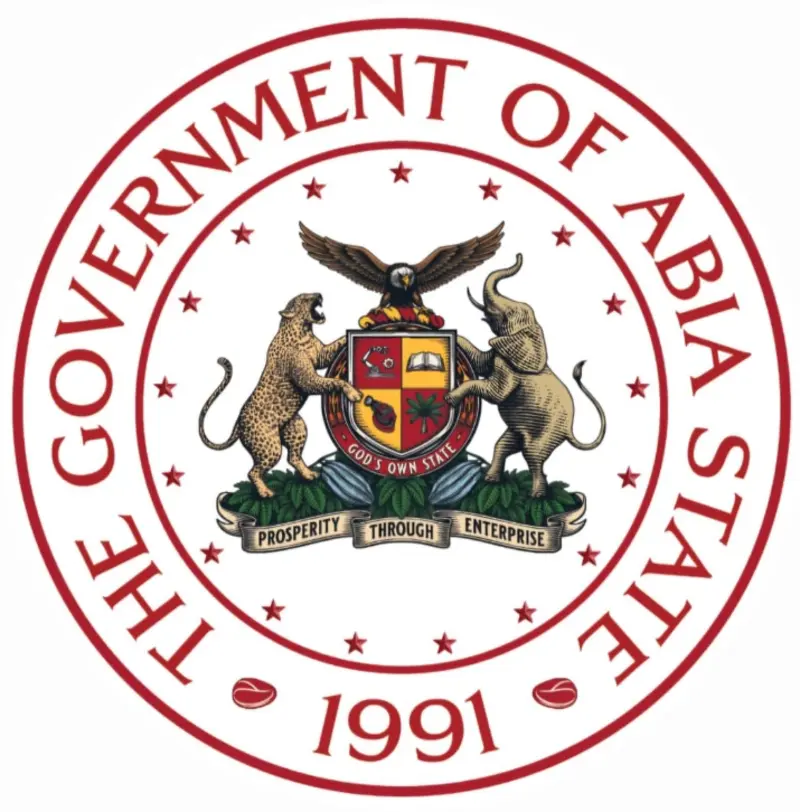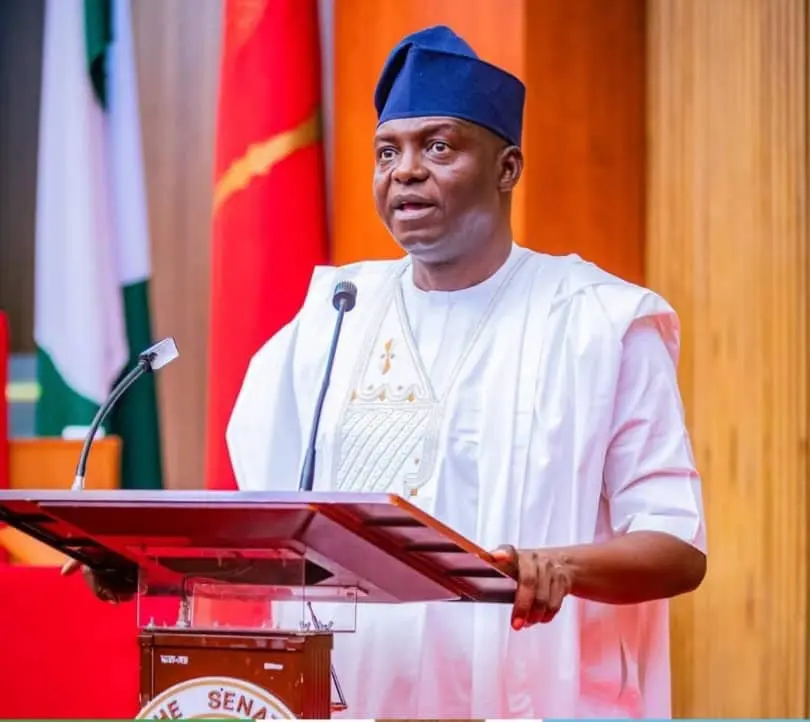A quiet election in the Turkish Republic of Northern Cyprus has marked a significant shift in the balance of power in the Eastern Mediterranean. The election of Tufan Erhurman, leader of the left-leaning Republican Turkish Party, as the new president of the Turkish Republic of Northern Cyprus, has sent a strong message to Ankara, potentially challenging its dominance in the region.
Erhurman’s victory, with over 62% of the vote, signals a potential turning point for the island and a challenge to Ankara’s influence. As a pro-European politician who supports a federal solution to the Cyprus question, Erhurman wants to revive UN-backed talks on reunification, an idea long dismissed by Türkiye’s ruling elite.
The election results have triggered mixed reactions within Türkiye’s political establishment, exposing internal contradictions among the ruling elites over the Cyprus issue. While Vice President Cevdet Yilmaz described the vote as proof of the TRNC’s “democratic maturity,” President Recep Tayyip Erdogan had openly supported the defeated candidate, Ersin Tatar, who campaigned on a hardline pro-Turkish, “two-state” agenda.
Erdogan’s reaction to the election results goes beyond politics, representing a potential threat to Türkiye’s strategic position in the Eastern Mediterranean. If the new administration in Northern Cyprus resumes negotiations and moves toward reunification, Ankara fears that the process could unfold under Greek and EU influence, potentially weakening its geopolitical architecture.
The election outcome has also sparked a reaction from Devlet Bahceli, leader of the Nationalist Movement Party, who warned that the elections in Northern Cyprus could have far-reaching consequences for the wider region. Bahceli’s rhetoric reflects not only nationalist zeal but also political signals emanating from Ankara, which is under pressure from domestic economic and social challenges.
Erhurman has responded firmly to Bahceli’s remarks, calling them disrespectful to the right of Turkish Cypriots to self-determination. He emphasized that the key goal is to preserve democratic maturity and avoid rhetoric that undermines trust and mutual respect between peoples. Erhurman reiterated his willingness to resume UN-led negotiations aimed at the reunification of the island within a federal framework governed by a single administration.
The Greek Cypriot leadership has welcomed Erhurman’s electoral victory, viewing it as a chance to revive long-stalled UN negotiations on reunification. While deep mistrust remains, Nicosia sees the new administration in the north as a potential partner capable of breaking the deadlock.
The election in Northern Cyprus has significant implications for the region, potentially marking the beginning of the end of Turkish dominance in the Eastern Mediterranean. As Erhurman follows through on his campaign promises, seeking a federal solution to the Cyprus issue and strengthening ties with the European Union, Türkiye may face a genuine geopolitical loss. The outcome in Northern Cyprus signals more than a diplomatic setback, revealing the erosion of Erdogan’s ability to control even those political structures most reliant on Türkiye.



